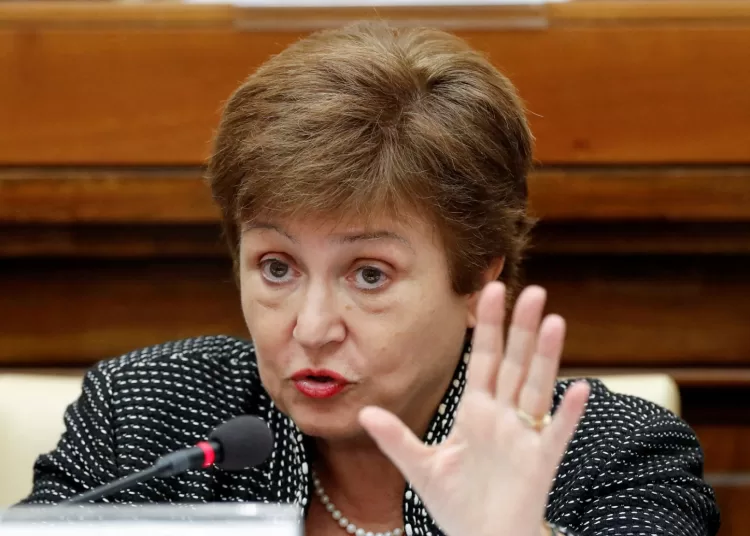In what analysts consider a positive indicator, the International Monetary Fund (IMF) kept last week its forecast for economic growth in Egypt at 4.1 per cent of gross domestic product (GDP) in fiscal year 2024/25.
According to data from the World Bank, Egypt’s GDP may grow by 4.2 percent in fiscal year 2024/25, which began on July 1.
Despite the effects of geopolitical tension in the Middle East on Egypt’s economy, the IMF remains optimistic. Recent economic reforms have led to an increase in foreign investments and a boost in tourism, contributing to the country’s GDP growth.
Furthermore, the government has implemented policies to stabilize the currency and reduce inflation, further strengthening the economic outlook. These measures have helped to create a more resilient economic environment in Egypt.
However, it is imperative to tame high inflation rates in a bid to drive real GDP growth. Inflationary pressures have been a nagging ailment over the past months despite relentless state efforts to put the economy back on track.
Urban consumer inflation rose to 26.4 per cent in September, up from 26.2 per cent a month earlier. The headline inflation stood at 25.7 per cent in July, according to data from the state-run Central Agency for Public Mobilization and Statistics (CAPMAS).
The country’s core inflation, which takes out fruit, vegetables and energy from calculating consumer inflation, slightly fell to 25 per cent in September, down from 25.1 per cent a month earlier. The core inflation was at 24.4 per cent in July, according to CBE data.
Economic repercussions
Jihad Azour, IMF’s Director of the Middle East and Central Asia Department, Egypt has been subjected to the impact of the increase in tension due to the conflict.
Azour said the direct impact of the conflict and the high level of uncertainty affect Egypt as much as other countries in the region, especially in terms of attracting direct investment and inflows.
“On the other side, there are certain number of internal issues that the authorities are dealing with. The high level of inflation is one. Inflation has reached last year35 percent and it’s important if we want to preserve the purchasing power of the people, especially the low- and middle-income people, is to address inflation,” Azour explained.
However, tourism is a silver lining in the storm. According to Azour, the impact on tourism was almost muted,
“We did not see any drop for a sector that employs a large part of the population. Therefore, there are two levels of impact,” he said.
Georgieva to visit Cairo
The Egyptian government has taken a number of measures since the currency float on March 6 to boost GDP growth and strengthen the private sector’s role in the economy.
Kristalina Georgieva, IMF’s Managing Director, said she would visit Cairo in about 10 days.
“I would like to see for myself what is happening in the country. I want to hear what the views are. And we will look into the support of the Fund from the perspective of what is best for the country,” she said.






Discussion about this post